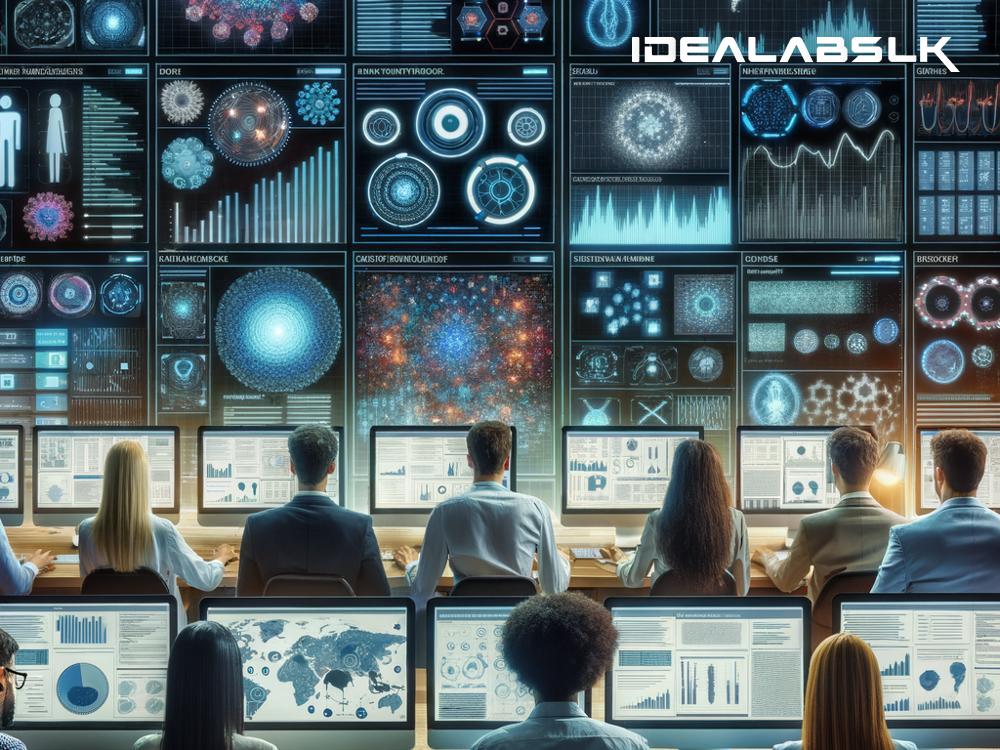Unveiling the Future: AI and Predictive Public Health Models
In today's swiftly advancing world, where technology touches every aspect of our lives, the health sector stands at the brink of a major transformation. At the heart of this change is Artificial Intelligence (AI), an innovation once thought to belong solely to the realm of science fiction. AI, with its remarkable capabilities, is set to redefine how we approach and manage public health. Imagine a world where diseases are not merely treated as they come but predicted and prevented way before they can cause harm. This isn't a distant dream anymore; it's the future of AI in predictive public health models.
The Beacon of Change: AI’s Role in Public Health
AI refers to machines or computers programmed to think and learn like humans. Over the years, it has evolved from a novel concept to a practical tool in various fields, including healthcare. AI's potential in public health is particularly exciting, offering a window into a future where data and technology converge to foster healthier societies.
Predicting Outbreaks Before They Happen
One of the most significant roles AI plays in public health is in predicting disease outbreaks. Through the analysis of vast amounts of data, AI can identify patterns and signals that may indicate an impending outbreak. This capability was notably spotlighted during the early stages of the COVID-19 pandemic when AI models flagged the potential for a global health crisis even before it was officially declared a pandemic.
Harnessing Data for Healthier Outcomes
AI models thrive on data, the more, the better. Every time someone visits a doctor, fills a prescription, or even searches for health information online, they generate data points. When analyzed collectively, this data can reveal insights into public health trends, potential health crises, and more. AI can sift through this data faster and more accurately than humanly possible, predicting health issues at both individual and community levels.
Personalizing Health Predictions
AI isn't just about big data and global trends; it's also personal. Wearable health trackers and smart devices collect data on our physical activity, sleep patterns, and even heart rate. By applying AI models to this data, it's possible to generate personalized health predictions and advice. This tailor-made approach promises not only to improve individual health outcomes but also to revolutionize preventive healthcare.
The Challenges Ahead
Despite its potential, the path to integrating AI into public health is fraught with challenges. Data privacy concerns top the list, as the effectiveness of AI depends on accessing vast amounts of personal health data. Ensuring this data is used responsibly and securely is paramount. Moreover, the accuracy of AI predictions is only as good as the data it's fed, raising concerns about bias and fairness in AI models.
Another hurdle is the need for a robust technological infrastructure, especially in low-resource settings where public health needs are greatest. Without adequate technology and internet access, the benefits of AI in public health could remain out of reach for those who need them most.
The Road Ahead: A Collaborative Future
The journey to fully realizing AI's potential in public health is not one to be walked alone. It requires a collaborative effort across governments, the healthcare sector, technology companies, and the public. Together, these stakeholders can address ethical considerations, improve data quality and access, and build the technological capabilities needed to harness AI effectively.
In Conclusion
As we stand on the cusp of a health revolution powered by AI, it's clear that the future of public health will be dramatically different. Predictive health models, powered by AI, have the potential to save lives by forecasting outbreaks and personalizing healthcare like never before. However, realizing this future will require overcoming significant challenges, particularly around data privacy, bias, and technological infrastructure.
The future of AI in predictive public health models is bright, promising a world where health crises are managed more efficiently and personal health is optimized like never before. As we navigate this exciting yet complex landscape, the focus must remain on harnessing AI for the greater good, ensuring a healthier future for all.

